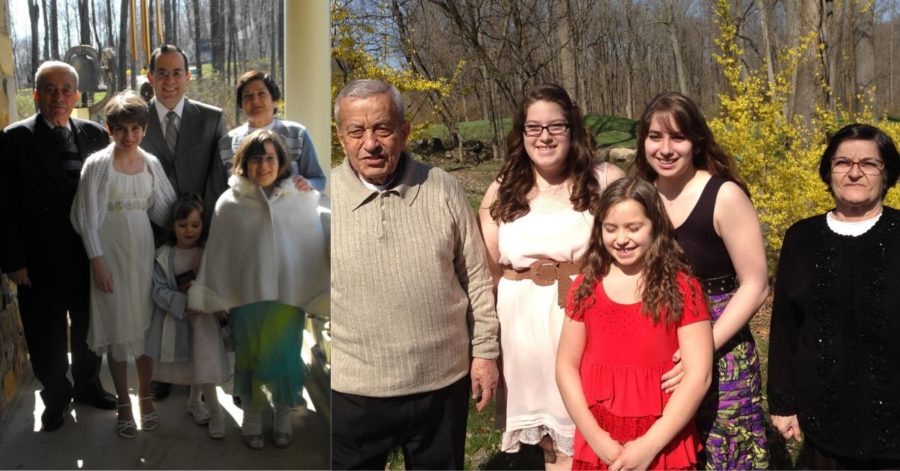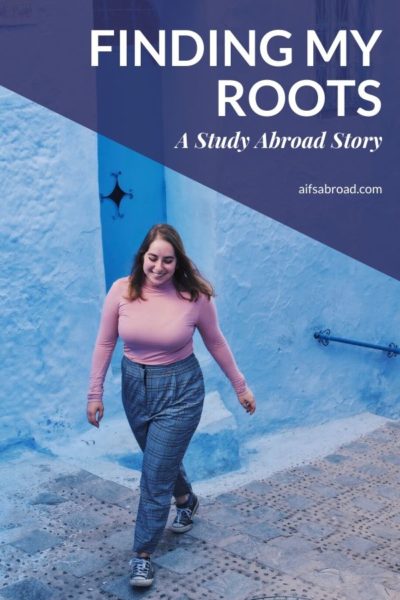Last Updated on June 9, 2023 by Katia Faroun
When I was a young girl, I lived with my parents, two younger sisters and for a few years, our paternal grandparents, Jido and Teta. My dad and his family are from Syria and living with my Arabic-only grandparents introduced me at a young age to the wonders and frustrations of an extremely different culture. As a kid, I loved eating Syrian food (who wouldn’t?) but found it difficult to truly appreciate and enjoy Syrian culture. I didn’t like speaking Arabic, I thought my grandparents dressed funny and I got angry when I found Arabic translations penciled in my books from when my Jido was learning English.
And now, more than 10 years later, I find myself teary-eyed in Morocco, listening to the Arabic being spoken around me and seeing images of my family around every corner.
While I was excited to test out my (very limited) Arabic and experience a new country (and continent!), I didn’t expect my excursion to Morocco from Spain — where I am studying abroad — to have such an impact on my cultural perspective and appreciation. I didn’t start truly appreciating my family’s culture until I was older, but catching a glimpse of a similar culture helped me imagine what my dad’s childhood was actually like and reminded me of the pieces of his culture that I grew up with. From the abundant use of bread in meals to the fashionable socks and flip-flops, I was constantly seeing images from my own childhood.
The nostalgia was overwhelming. Not only was I longing to be surrounded by my family and far-away relatives, I was also regretting my lack of immersion in Syrian culture. As someone who has learned to appreciate and adores the beauty of different cultures and ethnicities, I realized how big of a mistake it was for me to dismiss my dad’s culture. I preferred to be a “normal” American girl, rather than enjoying my heritage and understanding the beauty of diversity. Because of this, I’m a Syrian who doesn’t speak Arabic and has missed out on understanding core parts of Syrian culture and history.

RIGHT: A more recent picture of Jido and Teta with me and my sisters.
Despite this slight feeling of disappointment, what I’ve learned from growing up and from my experiences abroad has sparked a love for and strong desire to further understand my dad’s culture. I have become determined to learn more about Syrian culture by talking to my family, learning Arabic and, one day, visiting my family’s homeland.
Additionally, my own experiences abroad have helped me relate to my dad and Jido when they were trying to learn about American culture. When my dad was 26, he left his home and traveled across the ocean to a brand-new country – I can now understand the uncertainty, excitement, awe and frustration that comes along with that immense change. My Jido lived with us when he was in his 70s, and that’s when he started learning English. After spending years learning Spanish, I understand the difficulty of language learning and also the intense desire to know it – and I, too, have penciled in translations in my own books.
The importance of cultural diversity and awareness is undeniable. But it’s not necessary to wait until an international trip to realize this; we can start by looking home, to our own roots.

